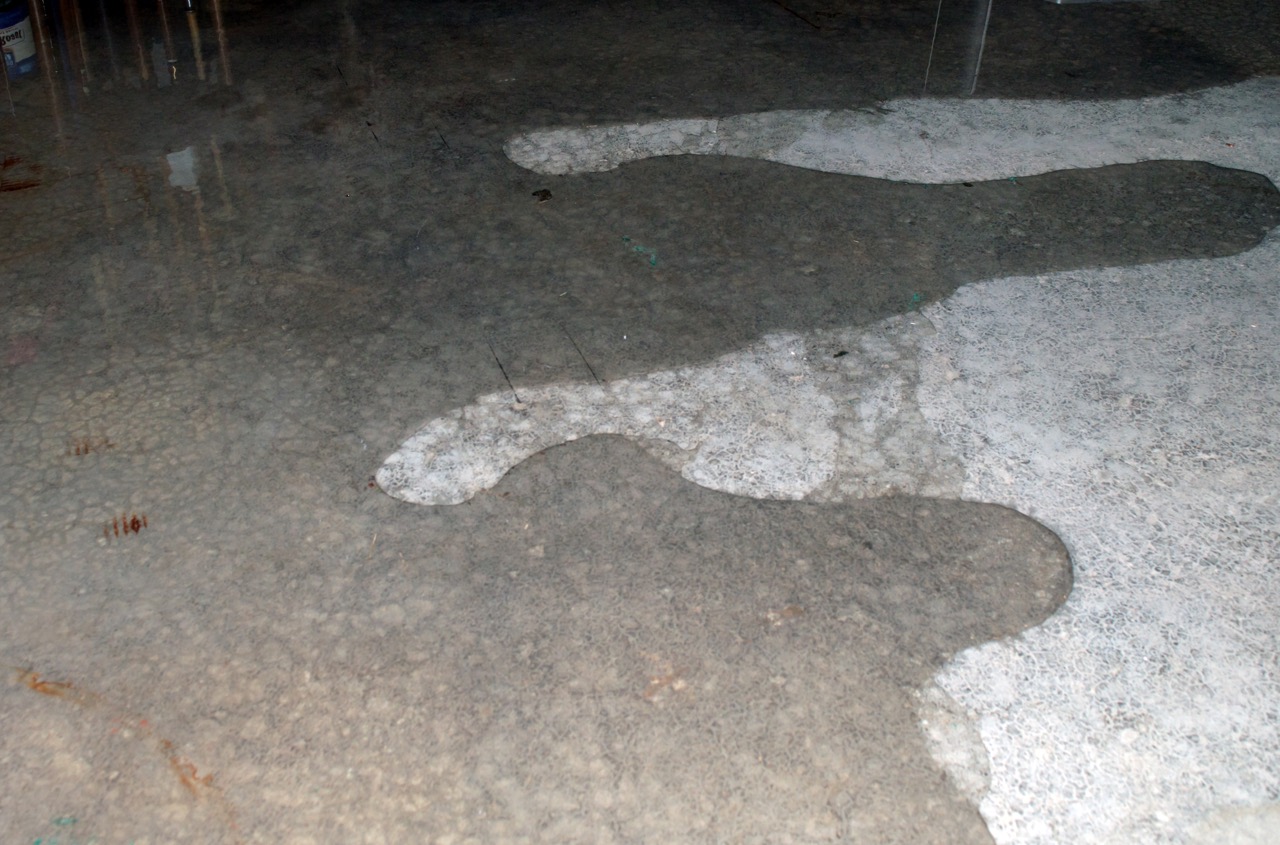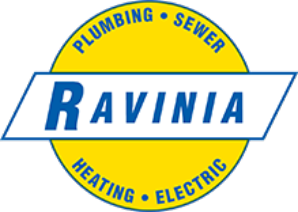
If you own a home with a basement or crawlspace, then you need a properly functioning sump pump to prevent damage from flooding caused by heavy rainfall or excess moisture. Sump pumps are installed at the lowest point in your home and work by pumping water away from your home and into a storm drain or drainage system.
Whether you’re installing a sump pump in a newly constructed home or need to replace your aging or faulty system, the licensed plumbers at Ravinia Plumbing, Sewer, Heating & Electric can help. Our team can provide timely, reliable, and professional sump pump installation services throughout Chicagoland. Keep reading to learn more about the signs you need a new sump pump and tips for buying a new pump.
Signs You Need a New Sump Pump
Like all mechanical equipment, a time will come when you need to replace your existing sump pump system. Some of the most common signs include:
- The pump is 10 years old or older.
- Excess noises such as grinding, rattling, and gurgling.
- There is water at the top of the pit.
- Clogged pump.
- The pump won’t stop running.
- The circuit powering the pump keeps tripping.
Sump Pump Buying Guide
Decide on the type of sump pump. There are two main types of sump pumps. See the table for a comparison.
| Type | Submersible Sump Pump | Pedestal Sump Pump |
| Description | Sits in the sump basin with the motor submerged in the basin | It sits on a pedestal above the sump basin. Typically has a stronger motor. |
| Flooding prevention | Not as good |
Better due to a stronger motor that pumps water out faster |
| Other advantages |
|
|
| Disadvantages |
|
|
2. Most pumps come with a 1/3 horsepower motor, but if you are in an area that floods frequently, you can consider a pump with a ½ horsepower motor. However, bigger is not always better. A pump needs to be sized to the basin. If too large a pump is in too small a basin, the pump will short-cycle, reducing the life of the pump.
3. If you are buying a submersible pump, buy one with a cast iron core. These will do a better job dissipating heat than a plastic pump and will make the pump last longer.
4. The pump should also have a screen intake design with an impeller that can handle solids up to a ½-inch in diameter.
5. Opt for a mechanical switch as opposed to a pressure switch.
6. Make sure the float is solid so it cannot be waterlogged, fail to switch off, or burn out the pump.
7. Ideally, look for a primary pump with an alarm to alert you when the water reaches a set level.
8. You can also consider a “smart” sump pump that can alert you to problems while you are away.
9. No matter what primary sump pump you decide to buy, make sure you also have a battery backup sump pump in case you lose power. Also, consider performing sump pump maintenance annually.
Contact Ravinia Plumbing for Sump Pump Installation
If you need a new sump pump, turn to the professionals at Ravinia Plumbing. We can help you decide whether you need a new sump pump. And if you do, we can help you select the right one for you, and then install it. Ravinia Plumbing is expertly trained to install all types of sump pumps, including primary sump pumps and battery backup sump pumps.
We’ve been in business since 1928 (that’s 95 years!), and we’ve made a name for ourselves as one of the most trusted and reliable plumbing, sewer, HVAC, and electrical companies in Chicagoland. Contact us online or give us a call today to schedule an appointment.
